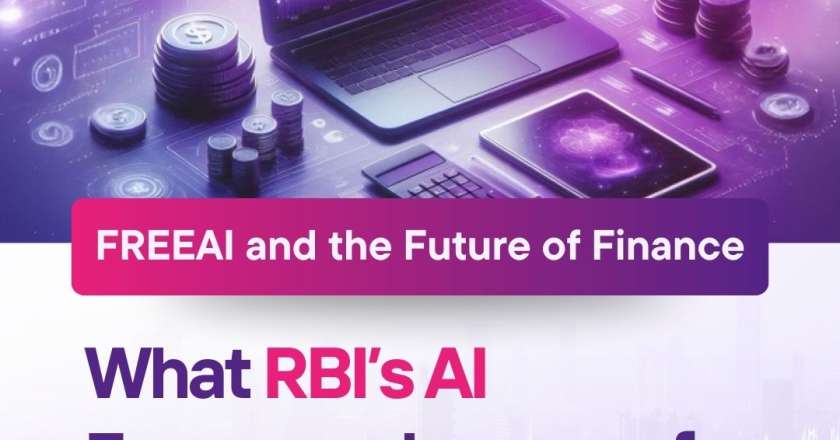Financial protection should not be complicated or expensive. That is the idea behind India’s Jan Suraksha schemes, simple insurance plans designed to protect millions of families at an affordable cost. Schemes like PMJJBY and PMSBY support people across the country with basic life and accident insurance coverage. These programs are part of India’s financial inclusion mission, helping citizens stay secure…






